Theatre Topics Special Issue – Comedy and Embodiment
Theatre Topics Special Issue: Comedy & Embodiment Call for Papers
This special issue of Theatre Topics calls for cutting edge research that places comedy squarely in a theatre and performance studies context.
As comedy scholars, we have noticed a hunger to research and further define the interdisciplinary, oft-muddy field of comedy studies. Popular forms of comedy (such as sketch, stand up, and improv) tend to fall outside the purview of traditional theatre scholarship. However, theatre and performance studies offer particularly apt analytic tools to study comedy, attending as they do to the full breadth of embodied practices that comedians employ.
We are interested in pieces that explore key questions and methods central to the study of live comedic performance, as well as comedy’s pedagogical, historiographical, and theoretical places in theatre and performance scholarship. Essays may include work on comedic performance as research; essays of performance analysis on various forms of live comedy; essays on methodological and disciplinary questions when studying comedy; or essays that deal with the phenomenological nature of comedy. Keeping true to the populist spirit of comedy, we hope for pieces that are rigorous but also accessible (in language and format). The volume will cover multiple methods of engaging with comedy, such as:
Practicing: What is funny/comedic about the way bodies move, gesture, pose, stand still, take shape, gaze, sound, etc.? What does a focus on embodiment bring to the analysis of comedy?
Teaching: What can comedy studies teach us as scholars, performers, and pedagogues? What methods central to theatre and performance studies help us teach comedy? What are the unique challenges and opportunities that arise when teaching comedy?
Experiencing: What are the many factors that contribute to how a person experiences comedy? How does the shared space between audiences and performers inform that experience?
Criticizing: How do comedians practice critique? How can they challenge power relations? How can comedy help society deal with trauma, promote resistance, and strengthen community?
Documenting: What are the difficulties of archiving, documenting, and historicizing comedy? What tools does performance historiography offer to address these challenges? How may the historical study of comedy enliven contemporary practice?
We invite submissions on these and other questions for the July 2024 print and online issues of Theatre Topics. The deadline for submissions is Monday, October 2, 2023. Early submissions are encouraged. Special issue guest editors are Maria De Simone (MIT), Matthew McMahan (Emerson College), Grace Kessler Overbeke (Columbia College), and Katelyn Hale Wood (University of Virginia).
For any questions, reach out to TheatreTopicsComedy@gmail.com.
We invite submissions in any of three formats: (1) Original Articles, limit 4,000 words, are formal pieces of scholarship that undergo peer review; (2) Online Submissions, limit 4,000 words, are multimedia-enabled, peer-reviewed pieces that share and reflect on production, pedagogy, and/or research. (3) Notes from the Field, limit 2,000 words, are carefully considered and critically informed personal reflections, interviews, or from the-trenches accounts; For instructions for submission, visit our website: https://www.jhuptheatre.org/theatre-topics/author-guidelines.
